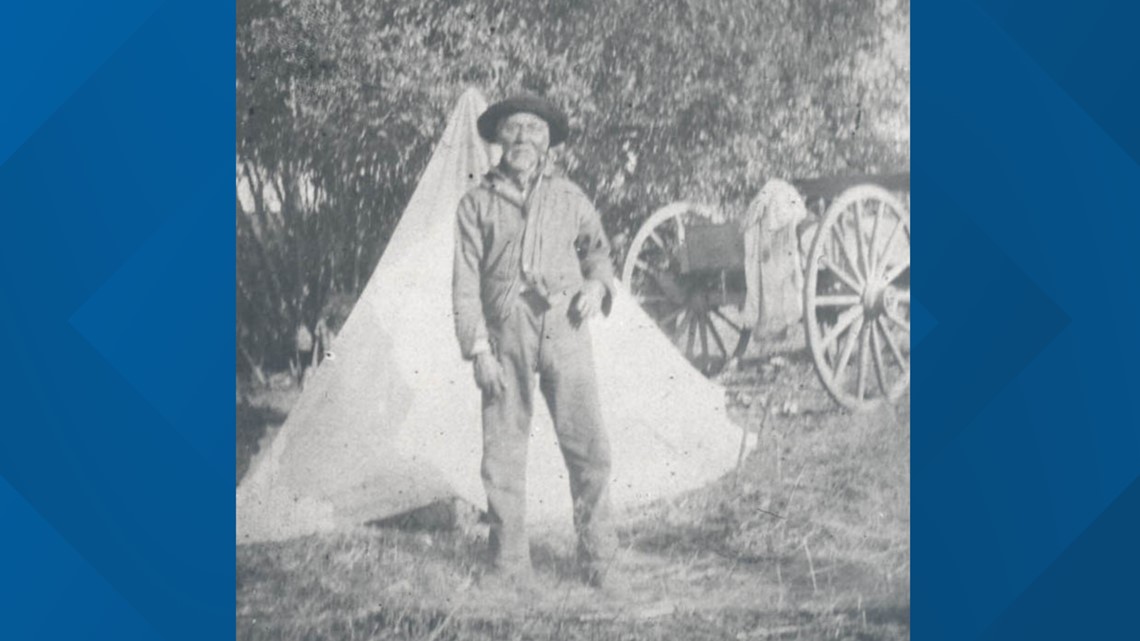EUGENE, Ore. — Swastika Mountain, located about 35 miles southeast of Eugene in the Umpqua National Forest, is getting a new name.
The Oregon Geographic Names Board, which supervises the naming of geographic features in the state, is in the process of updating the 4,197-foot-tall mountain's title. The moniker predates the rise of Nazi Germany, but now unavoidably bears the distasteful connotation.
Board president Bruce Fisher said the group received two recent proposals to rename the mountain. The petitioners suggested Umpqua Mountain and Molalla Mountain as replacements, but he said the board wanted an option with a more direct historical association.
They sought out a third idea from David Lewis, a professor of anthropology at Oregon State, who suggested Mount Halo, after a Kalapuya Chief of the Yoncalla Tribe that lived on the Row River near Cottage Grove. The board opted to move forward with that name at its August meeting.
"Swastika Mountain is basically to the east of Cottage Grove and we don't have any records of Halo actually using Swastika Mountain," Lewis said, "but where he lived, he would've been able to see the mountain... so he would've known about it."


The proposed name must now be circulated to local Indian nations and county governments for feedback, he said, and if there are no major objections before the board's next meeting in December, it will be forwarded to the U.S. Geographic Names Board, which has the final decision-making authority.
There were a half dozen name change proposals for other Oregon places on the agenda at the state board's August meeting, and many of the old names appear to be rooted in the state's racist history, but Swastika Mountain's case is a bit more complicated.
According to the name change proposal form posted to the board's website, the mountain was named around 1909 for a former nearby town called Swastika, which in turn took its name from a cattle ranch where the owner was known to brand his cattle with the symbol.
The swastika existed for centuries in multiple cultures, often as a spiritual symbol, before it was co-opted by the Nazis (a 2014 BBC story delves further into that history) and the ranch owner reportedly used it because the word in Sanskrit means "well-being" or "good luck."
"The swastika doesn't have a negative connotation in native culture," Lewis said. "A lot of cultures in the southwest and the plains use the swastika in kind of a reverse symbol to mean the whirlwind or probably tornadoes, and they would place images on pottery or weave them into basketry."
It was a positive image of the force of nature, he said, although it has since been disavowed by tribes because of its negative modern associations.

